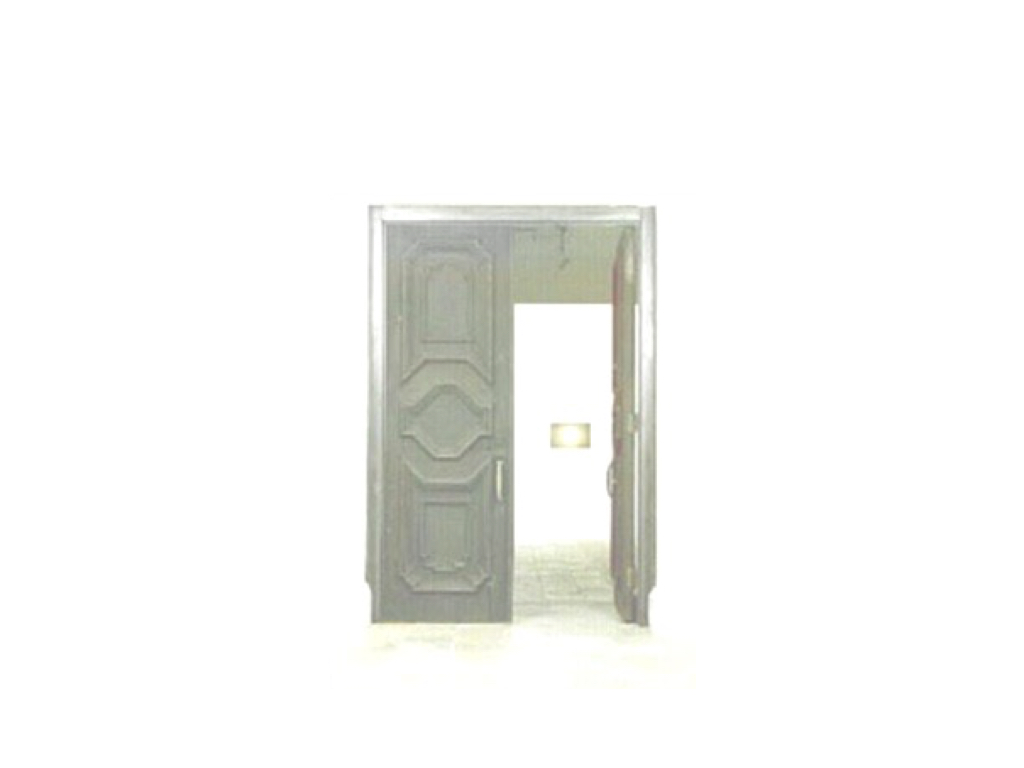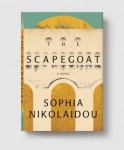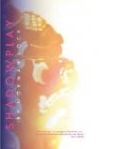
In 1959 Elizabeth Hardwick, novelist, reviewer, and wife of poet Robert Lowell, wrote a pointed critique of the book reviewing industry. She noted that the most trusted of review organs, the New York Times Book Review, was remarkable only for “the flat praise and the faint dissension, the minimal style and the light little article, the absence of involvement, passion, character, eccentricity — the lack, at last, of the literary tone itself.”
That was 1959. The year is now 2017 and coming to a close, and that means it’s time for me to come to you, hat in hand, to ask for your support for Dactyl Review, a literary fiction book review created by and for the literary community. If sixty years ago literary reviewers had begun to dwindle, as Hardwick noted, in the following decades we have seen the disappearance of the literary reader, the literary writer’s habitat. You may think rightly of this as an appeal to save an endangered species.
Every year, about this time, I try to explain why literariness matters, why we all need a little poetics in our lives. You can find some of these appeals here and here and here. The same still goes for 2018. Please be as generous as you can. We’ve got some great authors and reviewers here who need readers. And your donation is tax-deductible.
-VN Alexander, Editor

 Sea of Hooks (McPherson & Co) was nominated by Barbara Roether, author of This Earth You’ll Come Back To. In her
Sea of Hooks (McPherson & Co) was nominated by Barbara Roether, author of This Earth You’ll Come Back To. In her 

 As I begin to write this on January 20, 2015, the news from Buenos Aires isn’t good. Albert Nisman, the federal prosecutor assigned to finally uncover the truth about the 1994 bombing of the Argentina Israelite Mutual Association, a Jewish community center, was found dead in his apartment. Nisman was about to reveal a high-level government conspiracy to cover up Iran’s role in the bombing, which killed 85 people. Argentina has long struggled with corruption and politicization of its government institutions, making it almost impossible for the nation to confront its demons—from sheltering Nazis to the 1970s/1980s rounding up and killing of leftists, communists, intellectuals, and Jews who became known as the desaparecidos opposed to the ruling right-wing Junto. The powerful are usually protected.
As I begin to write this on January 20, 2015, the news from Buenos Aires isn’t good. Albert Nisman, the federal prosecutor assigned to finally uncover the truth about the 1994 bombing of the Argentina Israelite Mutual Association, a Jewish community center, was found dead in his apartment. Nisman was about to reveal a high-level government conspiracy to cover up Iran’s role in the bombing, which killed 85 people. Argentina has long struggled with corruption and politicization of its government institutions, making it almost impossible for the nation to confront its demons—from sheltering Nazis to the 1970s/1980s rounding up and killing of leftists, communists, intellectuals, and Jews who became known as the desaparecidos opposed to the ruling right-wing Junto. The powerful are usually protected. The Art of Fielding by Chad Harbach
The Art of Fielding by Chad Harbach
 Ongoing
Ongoing Ongoing
Ongoing